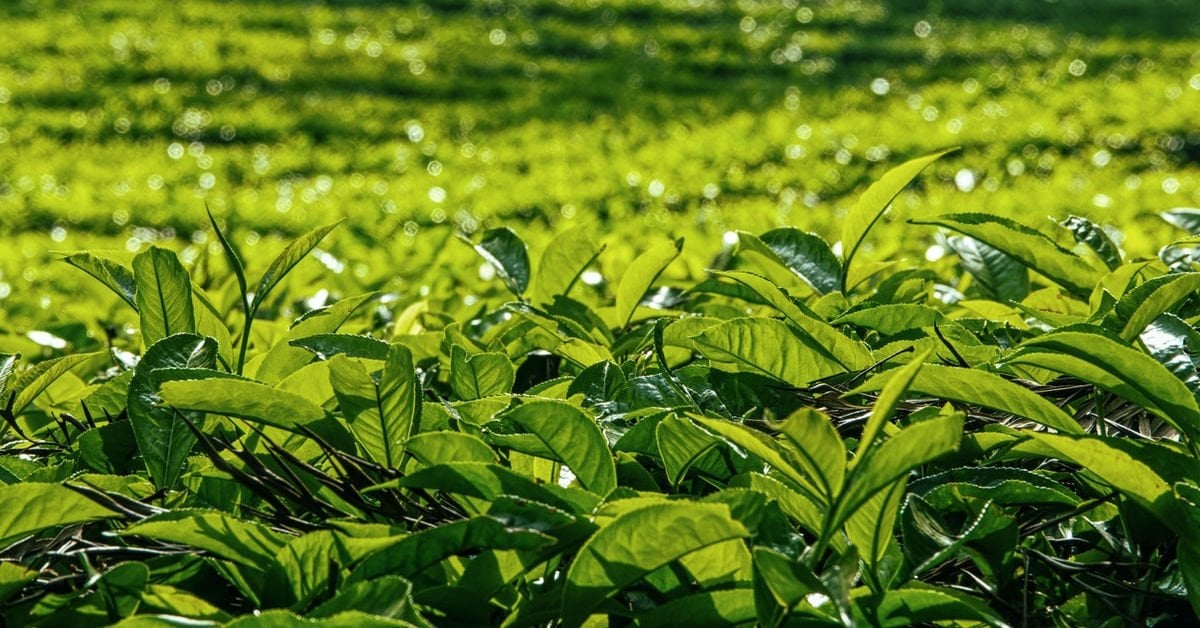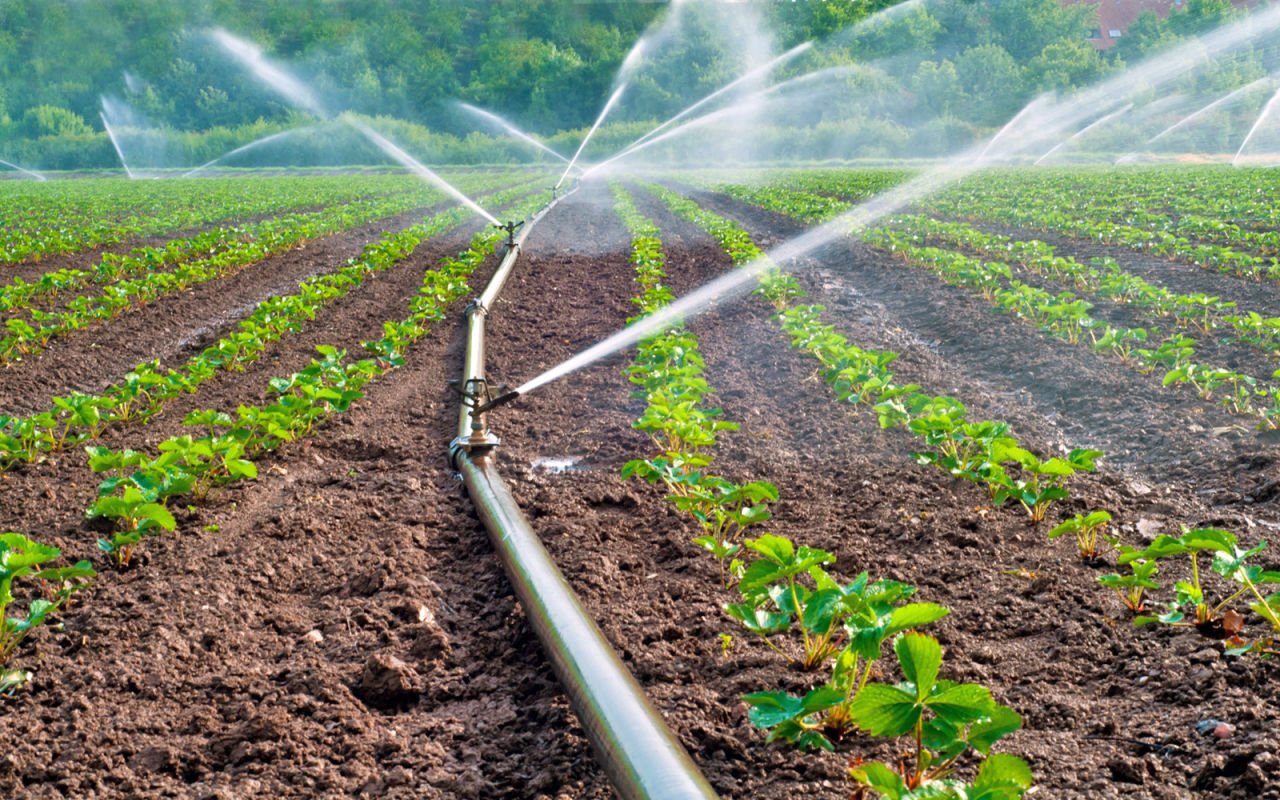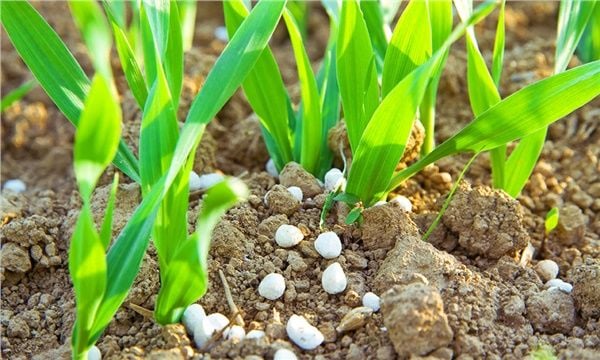Blog Kategorileri
Mısır ve Buğdayda Çinko (Zn) nun etkisi
Çinko özellikle dar yapraklı bitkilerin hassas olmasından dolayı noksanlığı daha çok göstermektedir
Molibden 'in Bitkilerde Önemi
Bitkiler Molibden’i Molibdat iyonu (Mo-2) olarak topraktan ve yapraktan alabilir. pH’sı 5,5 den düşük olan topraklarda noksanlığı görülmektedir
Bakır 'ın Bitkilerde Önemi
Bakırın içeriği normalin altına düştüğünde bitkilerde generatif gelişim daha fazla etkilenir. Çiçeklerde deformasyon, renk bozukluğu, çiçek azlığı, hiç oluşmama veya çiçek atma gözlemlenebilir.
Çinko 'nun Bitkilerde Önemi
Ülkemiz toprakları genel karakter itibarı ile yüksek pH ve kireç içeriğine sahiptir.
Mangan 'nın Bitkilerde Önemi
Mangan alınımını en fazla etkileyen faktör toprak pH’sıdır. Bir birimlik pH değişimine karşı mangan alınımı 100 kat etkilenmektedir.
Demir 'in Bitkilerde Önemi
Ülkemiz topraklarında en fazla noksanlığı görülen elementlerden biridir. Ancak, noksanlığı toprakta az bulunmasından dolayı değil, yüksek pH ve yüksek kireç içeriğinden dolayıdır.
Bor 'un Bitkilerde Önemi
Bor noksanlığında şeker pancarında öz çürüklüğü, turpta kahverengi öz, patates içinde kahverengi lekeler, tütünde tepe hastalığı, elmada mantarlaşmış çekirdek evi,gibi hastalıklar görülmektedir.
Kükürt 'ün Bitkilerde Önemi
Azot noksanlığı ile kükürt noksanlığını ayıran taraf, kükürt noksanlığının azotun tersine, genç yapraklarda görülmesidir.
Mağnezyum 'un Bitkilerde Önemi
Magnezyum bitkilerde hareketlidir. Bu yüzden, bitkilerde en fazla büyüme uçlarında ve özellikle de genç yapraklarda birikir. Tohum oluşumu sırasında bu bölgelerden tohuma taşınır.
Kalsiyum 'un Bitkilerde Önemi
Kalsiyum yeni gelişen hücre dokularının uç noktalarının gelişmesinde, köklerin ve çiçeklerin normal oluşumunda etkilidir. Kalsiyum hücre duvarının arasında bulunur. Hücre duvarının yapı taşıdır.
Potasyum 'un Bitkilerde Önemi
Potasyum, azot ve fosfor gibi bitki yapısına pek girmez. Daha çok bitkinin bazı hayatsal olaylarında kendini hissettirir.
Fosfor 'un Bitkilerde Önemi
Fosfor noksanlığı bitkinin en çok generatif yönden zarar görmesine neden olur. Fosfor noksanlığı kendini öncelikle yaşlı yapraklarda gösterir (mobildir).
Azot 'un Bitkilerde Önemi
Besin maddeleri içerisinde kendisini en çabuk azot noksanlığı hissettirir. Bu yüzden azot, bitki besin maddeleri içerisinde, en önemlisidir ve gübrelemede en çok kullanılanıdır.












